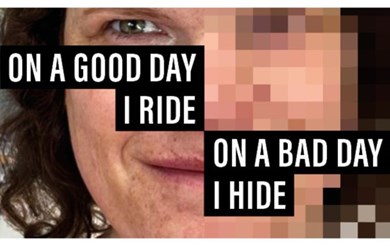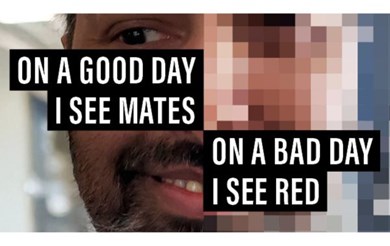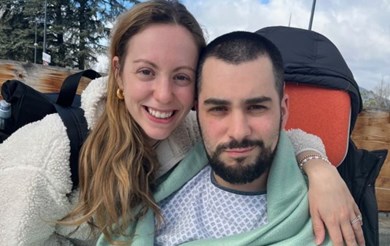The study, titled Continuity Therapy for Couples Living with Brain Injury, ran from April 2023 to March 2025 and focused on developing a therapeutic intervention aimed at strengthening relationships impacted by brain injury.
Brain injury can place immense strain on marriages and partnerships, yet NHS services often lack targeted therapies to address these challenges. Continuity therapy was designed to fill this gap by helping couples reflect on their relationship before and after the injury, identify areas of change, and work together to rebuild connection and resilience.
Associate Professor and lead researcher Gerry Riley explains: “Continuity Therapy is about helping couples to repair the damage caused to their relationship by the brain injury, and to see the positives in their relationship and their life together.”
Sixteen couples participated in the study, receiving around ten one-hour sessions over three months. The therapy encouraged couples to explore communication, shared activities, and emotional connection, while also helping them reframe their experience - highlighting personal and relational strengths that have endured or grown since the injury.
The results were encouraging. On average, the couples showed large improvements in their relationship, and moderate improvements in their mental wellbeing and encouragingly, these improvements were still there three months later.
Participants rated the therapy highly for usefulness, with many offering heartfelt feedback. One participant shared: "Really glad that we took part. What it has achieved is fantastic - the therapy has helped. It probably stopped me from getting a divorce."
However, the study also highlighted challenges. Not all couples experienced substantial benefits, with timing and difficulty in implementing changes cited as barriers. Feedback led to refinements in the therapy, including clearer goals and reduced repetition.
Professor Riley said: “These initial results are exciting because a strong relationship is so important to people's happiness and to how well they deal with the challenges of living with brain injury."
Given the promising outcomes, the next step is a randomised controlled trial to rigorously evaluate the therapy’s effectiveness. Headway remains committed to supporting such research, ensuring that individuals and families affected by brain injury have access to evidence-based, specialised support.
To prepare for the trial, the researchers have set up an online survey about how NHS services support relationships after brain injury. If you are interested in taking part you can follow the link below and your insights will help identify gaps and inform the development of more effective, relationship-focused care.
You can take the survey here.
Back










